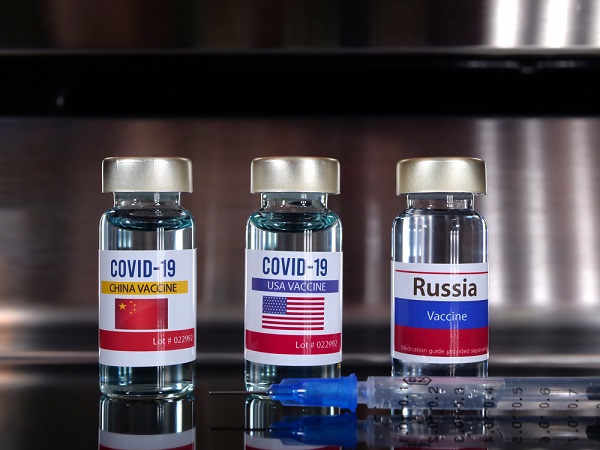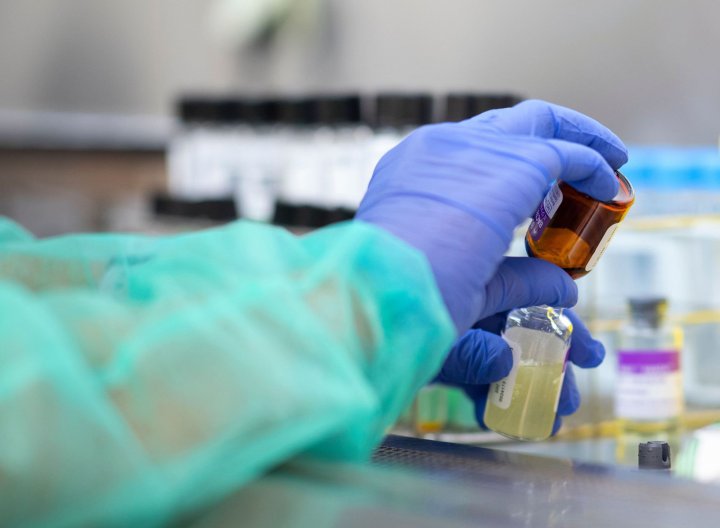
Russia’s COVID-19 vaccine and the vital questions
THE Russian Federation announced last week that it had developed and tested a vaccine that could serve as a preventive drug against the Coronavirus, COVID-19.
Named simply as Sputnik V, the vaccine was developed by a Russian pharmaceutical firm, the Gamaleya Research Institute of Epidemiology in Moocow.
Advertisement
Sputnik V has been issued with a registration certificate by the Russian Ministry of Health.
That took place after the vaccine candidate had been taken through the first and second phases of clinical trials with 76 persons as volunteers.
According to an unnamed spokesperson of the Ministry of Health, the certificate cleared the way for the vaccine to be applied on “a small number of vulnerable groups”, including medical staff and the elderly.

The drug, by terms indicated on the certificate, must not be used on broad basis until it had been tested at the final stage, that is, phase three clinical trials.
Under that condition, the vaccine would be approved for mass distribution from January 1, 2021.
However, in an announcement on the COVID-19 vaccine, President Vladimir Putin of Russia was reported to have said that the vaccine had “passed all the necessary checks”.
President Putin reportedly said that one of his children, a daughter, received the vaccine and he found that the drug was safe and effective.
“I hope we can start off massive release of this vaccine soon,” President Putin stated at a government meeting in Moscow.
Mr Mikhail Murashko, the Russian Minister of Health, had emphasised in a government statement that the vaccine showed, in clinical trials, “high efficiency and safety’’ and that there were no serious side effects.
He added that the drug would give two-year immunity against the COVID-19 disease.
Sputnik V is a drug that, according to Russian scientists, consists of two shots of adenovirus which triggers the common cold in humans, and engineered by the Gamaleya Institute to produce immune responses in persons administered with the vaccine.
Award of a certificate to the vaccine candidate has received unfavourable reactions from the international medical community.

Health scientists have described the issuance of a certificate to Sputnik V as premature and inappropriate because the vaccine was yet to complete its clinical trials that would prove that “it is safe and effective in a large group of persons”.
Some health scientists in Russia have also condemned the development.
One of such scientists, Svetlana Zavidova, is head of the Association of Clinical Research Organisations in Russia.
“It’s ridiculous. I feel only shame for our country,” he said.
He added that his organisation had sent an appeal notice to the Russian Ministry of Health to put off the registration until proper efficacy and safety trials of the vaccine had been completed.
“Accelerated registration will no longer make Russia a leader in this race; it will only expose end users of the vaccine, citizens of the country of the Russian Federation to unnecessary danger,” Zavidova wrote on behalf of the association to the Russian Ministry of Health.
Medical experts in Spain, Germany, France and the United States have expressed concerns about the speed at which the Russian vaccine was being tested.
They have asked the Russians to put safety and efficacy into consideration.
The Russian Minister of Health, Mikhail Murashko, has said, “It seems our foreign colleagues are sensing the specific competitive advantage of the Russian drug and are trying to express opinions that are absolutely groundless.”
He was quoted as saying that the vaccine would be available in a short time.
October 2020 has been set as a target date for the beginning of mass vaccination.
The World Health Organisation (WHO) has stepped in on the issue of, especially, safety.
The WHO has stepped in because the Sputnik V vaccine is not on the list of vaccines candidates that have reached the final clinical trial stage – phase three.
Moderna, a US pharmaceutical firm, has reached phase three with its vaccine candidate, mRNA-1273. A United Kingdom Oxford University vaccine candidate, ChAdOx1 nCoV-19, is also in its phrase three clinical trials.
Issuance of approval certificate to the Sputnik V vaccine and the purported mass vaccination with the medicine in Russia have raised some critical questions.

Has the vaccine gone through phases one and two clinical trials properly and adequately?
Are plans to administer the drug to vulnerable groups such as doctors and the elderly part of phase two clinical trials?
Does mass vaccination mean phase three clinical trial involving a large number of people?
It has, reportedly, been indicated on the certificate of approval that Sputnik V could not be used widely until January 1, 2021 – after trials involving large number of persons have been completed.
It has been reported on the website for Sputnik V that phase three trials of the drug, involving over 2,000 volunteers in Russia, United Arab Emirates, Saudi Arabia, Brazil and Mexico, would start this August.
Email: [email protected]




